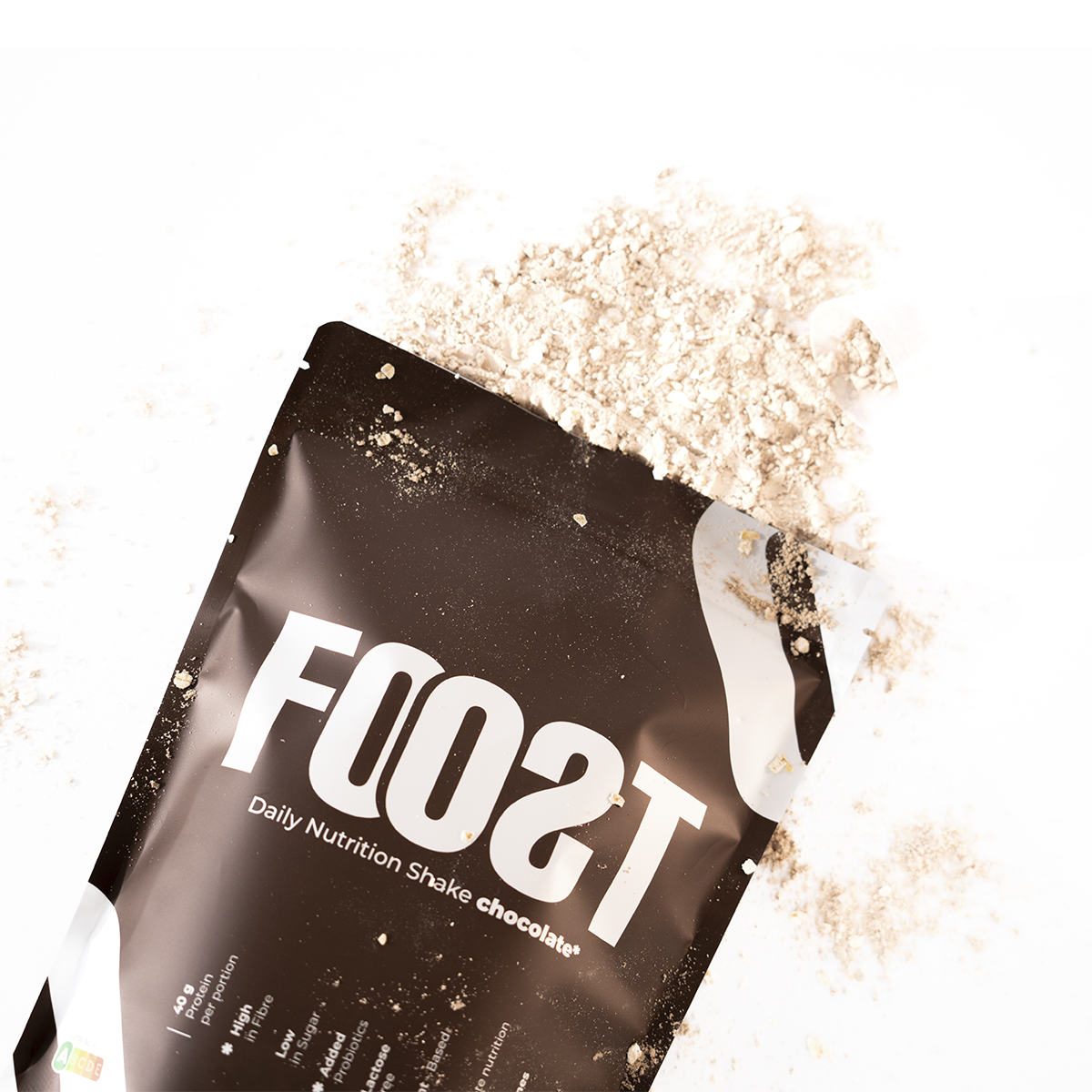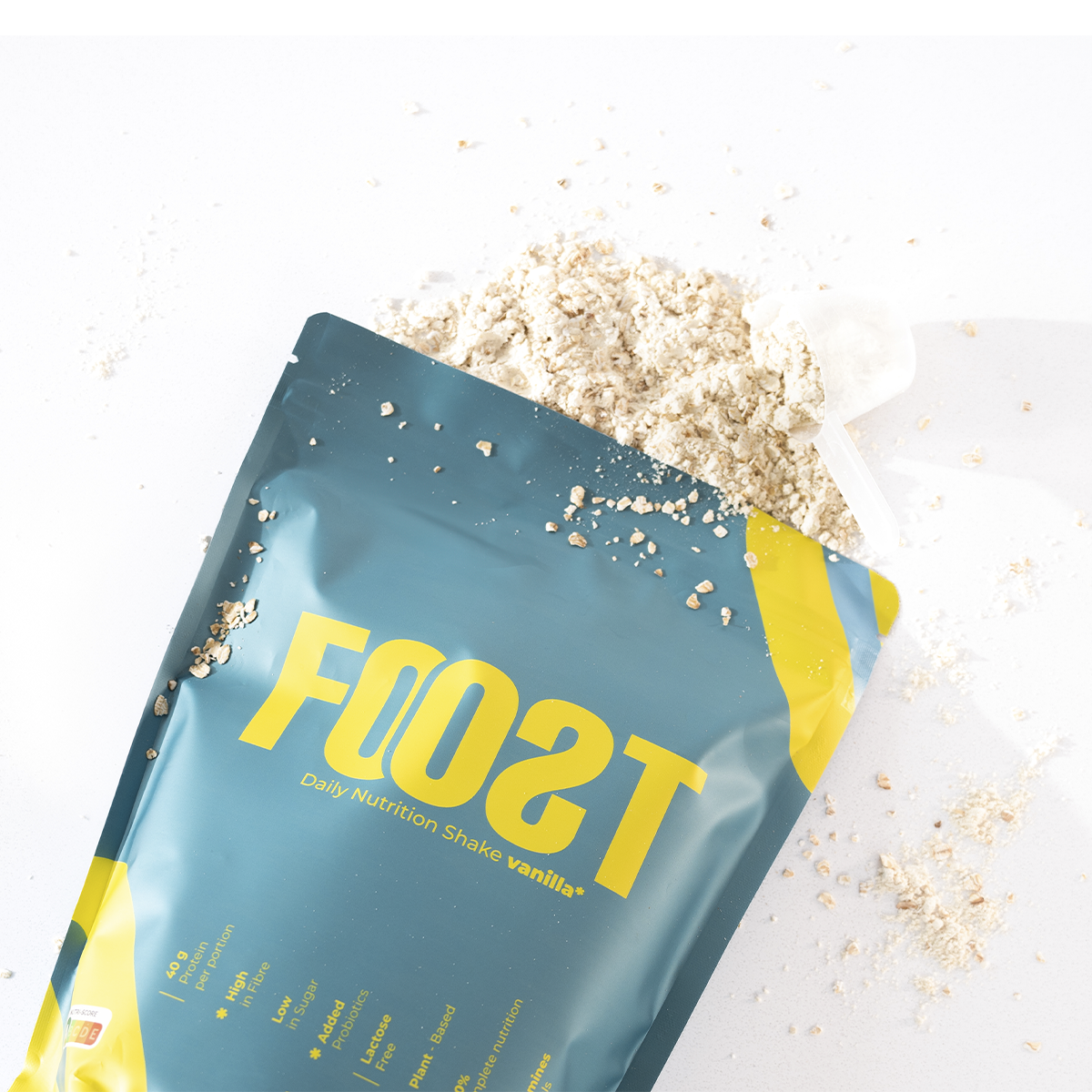Understanding BCAAs and Essential Amino Acids

Amino acids are the building blocks of proteins, and they play crucial roles in various physiological processes. Among them, Branched-Chain Amino Acids (BCAAs) and essential amino acids are particularly important for muscle health, recovery, and overall well-being. Here’s a breakdown of what each of these amino acids does:
Branched-Chain Amino Acids (BCAAs)
BCAAs are a group of three essential amino acids—leucine, isoleucine, and valine—known for their unique structure and significant roles in muscle metabolism.
-
Isoleucine (BCAA)*
- Function: Helps with muscle metabolism, energy production, and immune function. It also supports hemoglobin production and regulates blood sugar levels.
- Benefits: Enhances endurance, aids muscle recovery, and promotes muscle growth.
-
Leucine (BCAA)*
- Function: Crucial for protein synthesis and muscle repair. It also regulates blood sugar levels and stimulates wound healing.
- Benefits: Promotes muscle growth, prevents muscle breakdown, and supports recovery after exercise.
-
Valine (BCAA)*
- Function: Plays a key role in muscle growth, tissue repair, and energy provision. It also helps with mental vigor and emotional calmness.
- Benefits: Improves muscle coordination, enhances mental focus, and reduces muscle fatigue.
Essential Amino Acids
Essential amino acids cannot be synthesized by the body and must be obtained from the diet.
-
Lysine*
- Function: Essential for protein synthesis, enzyme production, and hormone production. It also aids calcium absorption and collagen formation.
- Benefits: Supports muscle growth and recovery, strengthens the immune system, and promotes healthy skin and bones.
-
Methionine*
- Function: Important for metabolism and detoxification. It also helps in the formation of cartilage and the absorption of zinc and selenium.
- Benefits: Promotes healthy skin, hair, and nails, supports liver health, and aids in detoxification processes.
-
Phenylalanine*
- Function: Precursor to neurotransmitters like tyrosine, dopamine, epinephrine, and norepinephrine. It’s essential for cognitive functions.
- Benefits: Enhances mood, improves memory, and reduces pain.
-
Threonine*
- Function: Important for protein balance, collagen production, and fat metabolism. It also supports immune function.
- Benefits: Promotes healthy skin and connective tissues, aids in fat metabolism, and boosts immune response.
-
Tryptophan*
- Function: Precursor to serotonin, a neurotransmitter that regulates mood, sleep, and appetite. It also supports nitrogen balance.
- Benefits: Improves sleep quality, enhances mood, and aids in weight management.
Other Amino Acids
These amino acids, while not essential, play significant roles in various bodily functions.
-
Alanine
- Function: Important for energy production and muscle tissue repair. It also helps with the metabolism of sugars and acids.
- Benefits: Boosts energy levels, supports muscle endurance, and aids in glucose regulation.
-
Arginine
- Function: Precursor to nitric oxide, which dilates blood vessels. It’s vital for immune function, hormone secretion, and wound healing.
- Benefits: Enhances blood flow, supports cardiovascular health, and boosts immune function.
-
Aspartic Acid
- Function: Plays a role in the urea cycle and DNA metabolism. It also aids in hormone production and neurotransmitter function.
- Benefits: Improves athletic performance, supports liver function, and enhances hormone production.
-
Cystine
- Function: Important for protein synthesis, detoxification, and the formation of collagen and elastin.
- Benefits: Promotes healthy skin, hair, and nails, and supports liver detoxification.
-
Glutamic Acid
- Function: Serves as a neurotransmitter and is involved in protein synthesis. It also plays a role in the metabolism of sugars and fats.
- Benefits: Enhances brain function, supports muscle growth, and improves gut health.
-
Glycine
- Function: Important for protein synthesis, detoxification, and neurotransmitter function. It also helps in the formation of collagen and elastin.
- Benefits: Promotes restful sleep, supports joint and bone health, and enhances cognitive function.
-
Histidine
- Function: Precursor to histamine, which is involved in immune responses. It’s also important for growth, repair of tissues, and the production of red and white blood cells.
- Benefits: Supports immune function, enhances digestion, and aids in tissue repair.
-
Proline
- Function: Essential for collagen production and the maintenance of healthy connective tissues. It also helps with wound healing.
- Benefits: Promotes healthy skin, joints, and connective tissues, and aids in wound healing.
-
Serine
- Function: Important for the synthesis of proteins, enzymes, and neurotransmitters. It also plays a role in immune function.
- Benefits: Supports brain function, enhances immune response, and aids in muscle growth.
-
Tyrosine
- Function: Precursor to neurotransmitters such as dopamine, norepinephrine, and epinephrine. It’s important for cognitive function and stress response.
- Benefits: Enhances mood, improves mental performance, and reduces stress.
Conclusion
BCAAs and essential amino acids are vital for numerous physiological processes, including muscle growth, energy production, immune function, and mental health. Ensuring you get a balanced intake of these amino acids can significantly improve your overall health and performance.









